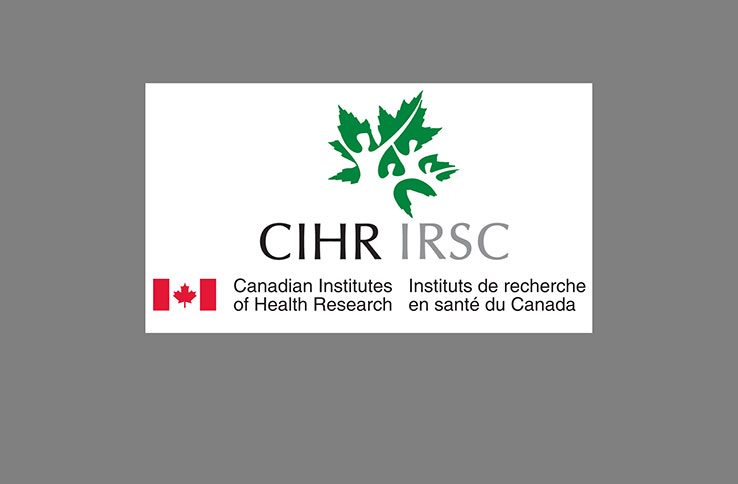Four projects led by MAP scientists have received funding from the Canadian Institutes of Health Research (CIHR) Fall Project Grant competition.
CIHR project grants support researchers pursuing projects with the greatest potential to advance health-related fundamental or applied knowledge, health research, health care, health systems or health outcomes.
Burden of COVID-19 among people living with HIV in Ontario
People living with HIV, and who are taking medications to control their HIV infection, seem to get infected with COVID-19 and become hospitalized at a similar rate as the general population. But evidence in this area is mixed and more research is needed. Dr. Ann Burchell and her team will be conducting a study to identify the number of people with HIV who have been infected with COVID-19 since the start of the pandemic and determine whether people with HIV develop more severe illness compared to people who are HIV-negative in Ontario. The results of this study will be used to inform health care and health services planning for people living with HIV.
Identifying and mitigating bias in machine learning models used in population health
It’s well recognized that machine learning models, which are trained to recognize and learn from patterns in data, can replicate biases, whether in the data or among people developing the models. A project led by Dr. Andrew Pinto will explore machine learning models used in population health to identify biases and develop guidelines for model developers to reduce bias in machine learning models. The findings will support efforts to ensure that artificial intelligence applications contribute to reducing, rather than exacerbating, health inequities.
Preventing injecting and overdose by disrupting injection drug use transitions: The PRIMER II study
Research indicates that people who inject drugs – a key risk factor for overdose death – play a critical role in facilitating the entry of others into drug injecting. This study will investigate whether enrolling people who inject drugs into a medication-assisted treatment for opioid use disorder may reduce their risk of initiating others into drug injecting. The study will also examine the efficacy, adaptability and scalability of this approach for preventing injection drug use across various settings.
Identifying intersectional stigma intervention targets for people who inject drugs in a high-risk international setting
Persons who inject drugs often contend with stigmas related to HIV, drug use and drug treatment, reducing their access to key HIV prevention services. This study will investigate the ways that intersecting stigmas impede HIV prevention efforts among adults in Kyrgyzstan, which is home to some of the highest growth rates of HIV worldwide. The results of this study will help researchers develop stigma reduction intervention strategies tailored to urban and rural regions in Kyrgyzstan.

